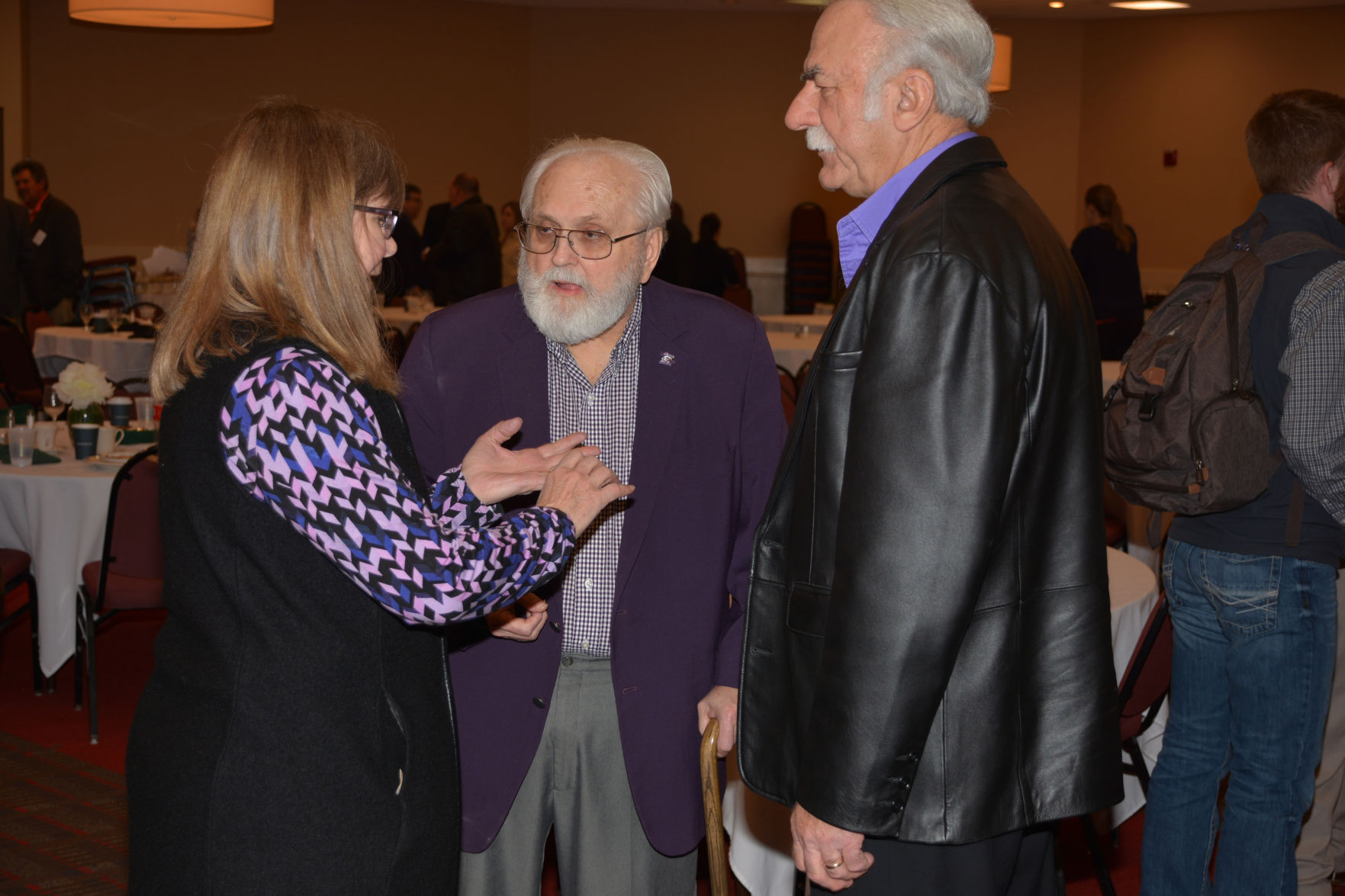You might not think taxes and trade are connected, but U.S. Sen. Jerry Moran, R-KS, speaking to the Kansas Commodity Classic crowd in Manhattan last month, said they are.
Moran supported the tax bill signed into law in December. “We need a growing economy in which more consumers are able to buy more products,” he said. A point he made during the debate is, “It only matters when you have income. If you take away our ability to export, and for NAFTA [the North American Free Trade Agreement] to be viable, you take away the ability of tax cuts to matter.
“Nothing is more important than trade,” he added.
The senator—who sits on the powerful Appropriations Committee—believes it is more likely that the United States will withdraw from NAFTA than stay in. “If this decision is made, the economy turns on you,” Moran said.
Barry Flinchbaugh, professor emeritus of agricultural economics at Kansas State University, weighed in on NAFTA. “It has created a net of jobs in this country. Good jobs,” he said. “If you take the number of jobs, multiply the wages and salaries of those jobs, NAFTA has a net positive on job creation.”
Moreover, NAFTA is unique. It works for all three participants: the U.S., Mexico and Canada. The latter two countries are top five destinations for U.S. corn, beef, wheat and soybeans.
“If you pull the plug on NAFTA, you lose those markets to Argentina and Brazil. And once you lose them, it’s damn tough to get them back,” he said. “We must hold [President Donald Trump’s] feet to the fire. We simply cannot let him pull the plug.”
Flinchbaugh believes President Trump erred by pulling out of the Trans-Pacific Partnership. “It was the most lucrative trade agreement for farmers in my lifetime,” he said. “It provided a strong counter to China, giving us two powers, rather than just one bully. By rejecting it, the president played right in the hands of China.”
Withdrawing from agreements
The rhetoric about pulling out of trade agreements is already hurting existing pacts, he said, without any succeeding agreements in place. The secretary of commerce from the country of Mexico—a leading trade partner with the U.S.—reportedly has found suppliers for at least 80 percent of the products Mexico buys from the U.S.
“If we move to bilateral trade agreements, we need negotiation right now. And that isn’t happening,” Moran said.
For the record, Flinchbaugh believes multilateral trade agreements are far more important to agriculture than bilateral agreements.
Regardless of what agreement is in place, robust trade agreements are vital to U.S. agriculture.
“It is a global economy period. And we’re not going back. Whether the president or the right wing nuts in Congress like it or not,” Flinchbaugh said.
Bill Spiegel can be reached at 785-587-7796 or [email protected].


